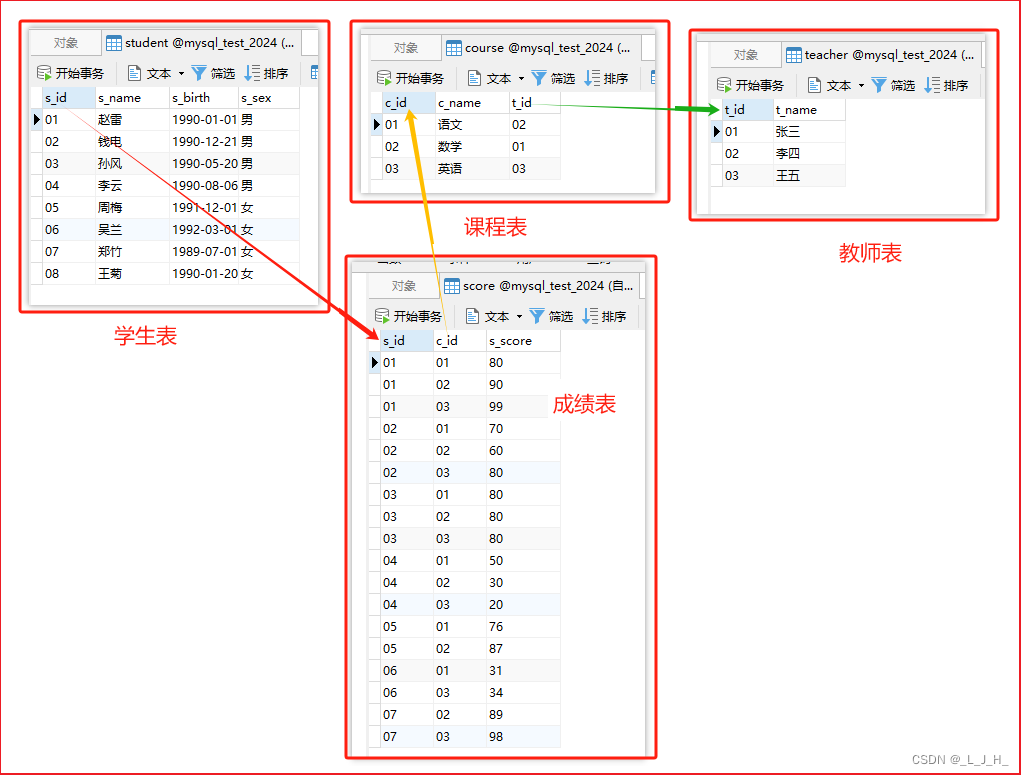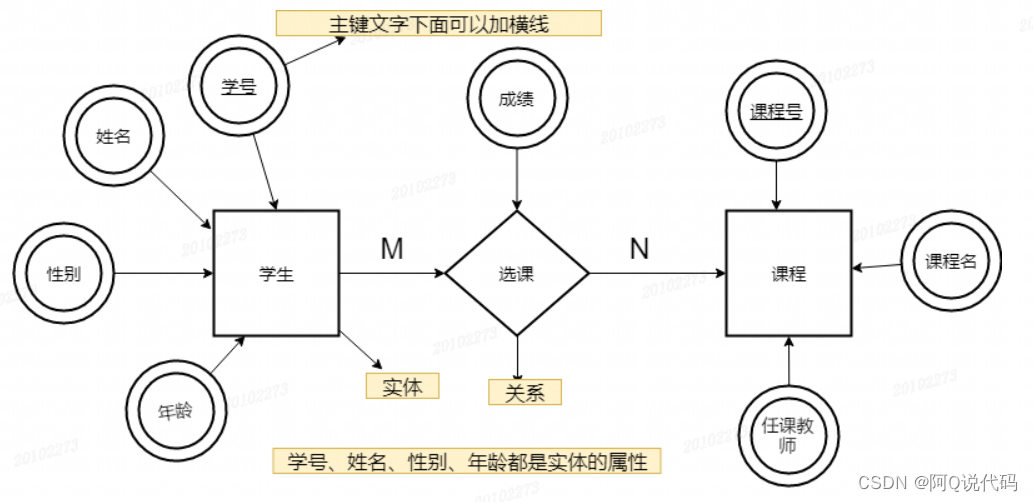如何构建淘客返利平台的推荐系统
如何构建淘客返利平台的推荐系统
大家好,我是免费搭建查券返利机器人省钱赚佣金就用微赚淘客系统3.0的小编,也是冬天不穿秋裤,天冷也要风度的程序猿!
在现代电商平台中,推荐系统已经成为不可或缺的一部分。它能够根据用户的行为数据,为用户提供个性化的商品推荐,从而提升用户的购买体验和平台的销售业绩。本文将详细介绍如何构建一个适用于淘客返利平台的推荐系统,并通过Java代码示例,演示具体的实现方法。
推荐系统的基本原理
推荐系统的核心任务是根据用户的历史行为数据,预测用户可能感兴趣的商品。常见的推荐算法有以下几种:
- 基于内容的推荐:通过分析商品的内容(如描述、标签等),为用户推荐与其历史浏览或购买的商品相似的商品。
- 协同过滤:分为基于用户的协同过滤和基于物品的协同过滤,通过分析用户之间或物品之间的相似性来进行推荐。
- 混合推荐:结合多种推荐算法,提高推荐效果和准确性。
本文将以协同过滤为例,详细介绍推荐系统的实现过程。
数据准备
首先,我们需要准备用户的历史行为数据。假设我们有如下的用户评分数据:
import java.util.HashMap;
import java.util.Map;
public class UserBehaviorData {
public static Map getUserRatings() {
Map userRatings = new HashMap();
Map user1Ratings = new HashMap();
user1Ratings.put("product1", 5);
user1Ratings.put("product2", 3);
userRatings.put("user1", user1Ratings);
Map user2Ratings = new HashMap();
user2Ratings.put("product1", 4);
user2Ratings.put("product3", 2);
userRatings.put("user2", user2Ratings);
// 更多用户评分数据...
return userRatings;
}
}
基于用户的协同过滤推荐算法
基于用户的协同过滤算法通过计算用户之间的相似度,找到与目标用户最相似的用户,并根据这些相似用户的喜好来进行推荐。下面是一个简单的基于用户-用户协同过滤的推荐算法实现:
package cn.juwatech.recommendation;
import cn.juwatech.UserBehaviorData;
import java.util.HashMap;
import java.util.Map;
public class RecommendationService {
private static Map userRatings = UserBehaviorData.getUserRatings();
public Map recommendProducts(String userId) {
Map recommendations = new HashMap();
// 计算与其他用户的相似度
Map similarityScores = calculateSimilarityScores(userId);
// 基于相似度进行商品推荐
for (String otherUserId : similarityScores.keySet()) {
double similarity = similarityScores.get(otherUserId);
Map otherUserRatings = userRatings.get(otherUserId);
for (String productId : otherUserRatings.keySet()) {
if (!userRatings.get(userId).containsKey(productId)) {
recommendations.put(productId, recommendations.getOrDefault(productId, 0.0) + similarity * otherUserRatings.get(productId));
}
}
}
return recommendations;
}
private Map calculateSimilarityScores(String userId) {
Map similarityScores = new HashMap();
for (String otherUserId : userRatings.keySet()) {
if (!otherUserId.equals(userId)) {
double similarity = calculateSimilarity(userRatings.get(userId), userRatings.get(otherUserId));
similarityScores.put(otherUserId, similarity);
}
}
return similarityScores;
}
private double calculateSimilarity(Map ratings1, Map ratings2) {
int sum = 0;
int count = 0;
for (String productId : ratings1.keySet()) {
if (ratings2.containsKey(productId)) {
sum += ratings1.get(productId) * ratings2.get(productId);
count++;
}
}
return count == 0 ? 0.0 : (double) sum / count;
}
}
提供推荐服务的API
为了让用户可以通过API获取推荐结果,我们需要一个控制器来提供相应的接口:
package cn.juwatech.api;
import cn.juwatech.recommendation.RecommendationService;
import org.springframework.beans.factory.annotation.Autowired;
import org.springframework.http.HttpStatus;
import org.springframework.http.ResponseEntity;
import org.springframework.web.bind.annotation.GetMapping;
import org.springframework.web.bind.annotation.RequestParam;
import org.springframework.web.bind.annotation.RestController;
import java.util.Map;
@RestController
@RequestMapping("/api/v1")
public class RecommendationController {
@Autowired
private RecommendationService recommendationService;
@GetMapping("/recommendations")
public ResponseEntity getRecommendations(@RequestParam String userId) {
Map recommendations = recommendationService.recommendProducts(userId);
return new ResponseEntity(recommendations, HttpStatus.OK);
}
}
提升推荐系统效果的方法
-
丰富数据源
收集更多的用户行为数据,包括浏览记录、购买记录、搜索记录等,可以提升推荐系统的准确性。
-
改进相似度计算
使用更高级的相似度计算方法(如皮尔逊相关系数、余弦相似度等),可以提升推荐系统的效果。
-
引入混合推荐
将基于内容的推荐和协同过滤结合起来,取长补短,可以提升推荐效果。
-
定期更新模型
用户的兴趣和行为是动态变化的,定期更新推荐模型,可以保证推荐系统的准确性和时效性。
结论
通过构建推荐系统,淘客返利平台可以显著提升用户的购买体验和平台的销售业绩。本文介绍了推荐系统的基本原理,并通过Java代码示例,详细演示了如何实现基于用户的协同过滤推荐算法。如果不愿意写代码,可使用微赚淘客系统方案来实现。在实际应用中,还可以结合其他推荐算法,提升推荐效果。



.png)








